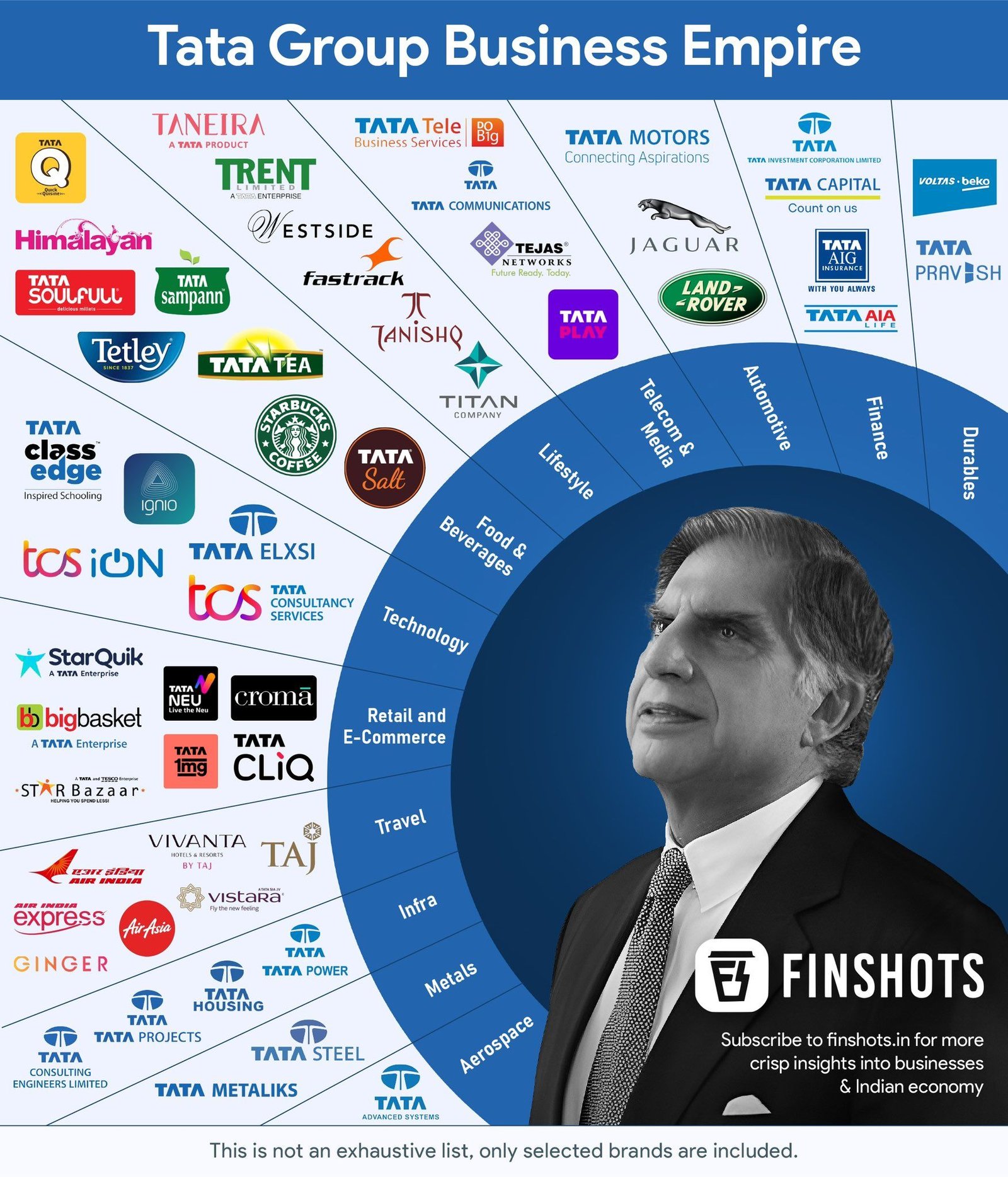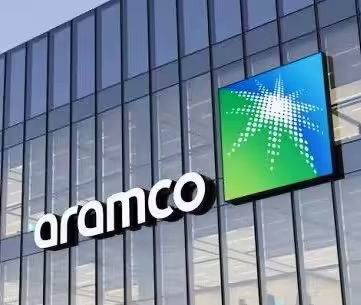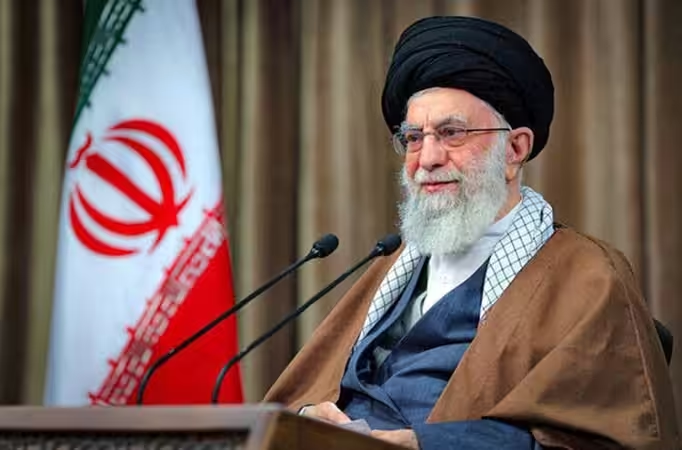Ratan Tata, a powerful figure in India’s business landscape has passed away at the age of 86.
The businessman had influence that spanned across continents and industries.
From humble beginnings to leading a global conglomerate, Tata built an empire spanning steel, automobiles, IT, and hospitality.
As his family prepares to carry forward his vision, it is best to look back at the journey that shaped one of India’s most powerful business dynasties.
Proffesional Background
Tata’s career began with humble steps, but his vision and determination quickly set him apart.
After completing his formal education, he joined the family business, starting in entry-level positions to gain an understanding of easpect of the comapny.
This approach allowed him to learn a lot about the company.
Looking for more opportunities, Tata soon began expanding the family business into diverse sectors.
Under his leadership, the conglomerate not only grew but thrived, even in challenging economic climates.
His ventures into steel, automotive, and information technology established Tata as a versatile and formidable leader.
His Business Empire
Under Tata’s leadership, the conglomerate became a big name across various sectors, each of which became a part of India’s development.
Here are some of the most notable companies under the Tata umbrella:
Tata Steel: As one of India’s oldest and largest steel producers, Tata Steel laid the foundation for the country’s infrastructure.
Its contributions to the construction of bridges, buildings, and railways have been vital to India’s modernization.
According to Statista, the company generated 2.28 trillion Indian rupees in revenue in 2023
Tata Motors: Tata Motors changed the Indian automotive industry, producing affordable and reliable vehicles that became household names.
The company’s acquisition of Jaguar Land Rover cemented its status on the international stage, making Tata Motors a global competitor.
According to statista, the company had 4.3 trillion Indian rupees in revenue in the year 2024.
Tata Consultancy Services (TCS): This IT services giant put India at the forefront of the tech world, pioneering outsourcing and digital transformation.
TCS’s growth has made it one of the most valuable tech companies in the world.
The company had a revenue of 2.4 trillion Indian rupees (or roughly 28.8 billion U.S. dollars).
This subsidiary is the most profitable in all of Tata’s Group Subsidiaries.
Taj Hotels: In the hospitality sector, Tata redefined luxury with Taj Hotels. Known for their opulence and impeccable service, the Taj properties became icons of Indian luxury, attracting guests from around the globe.
These companies not only brought wealth to the Tata family but also contributed to the Indian economy, creating jobs and driving innovation across multiple sectors.
The overall revenue of the Tata Group amounted to about 165 billion U.S. dollars in financial year 2024.

What’s next for the Conglomerate?
The question on most people’s minds is what’s next for the leading Indian conglomerate.
There are various rumours about who’s next to lead.
Noel Tata, Ratan Tata’s half brother, has been unanimously elected as the chairman of Tata Trusts following his death.

Noel is already a key trustee of the Ratan Tata Trust. Starting now, he will lead the trusts that hold a controlling stake in Tata Sons, the primary holding company of the Tata Group.
What do you need to know?
Beyond business, Tata’s impact is also felt in the philanthropy and national development of India.
As of 2018, business economist stated that the Group contributed about four percent of India’s GDP and 2.25 percent of its taxes.
As his legacy lives on, the world will remember how his life’s work has reshaped not just a company but an entire nation.


























